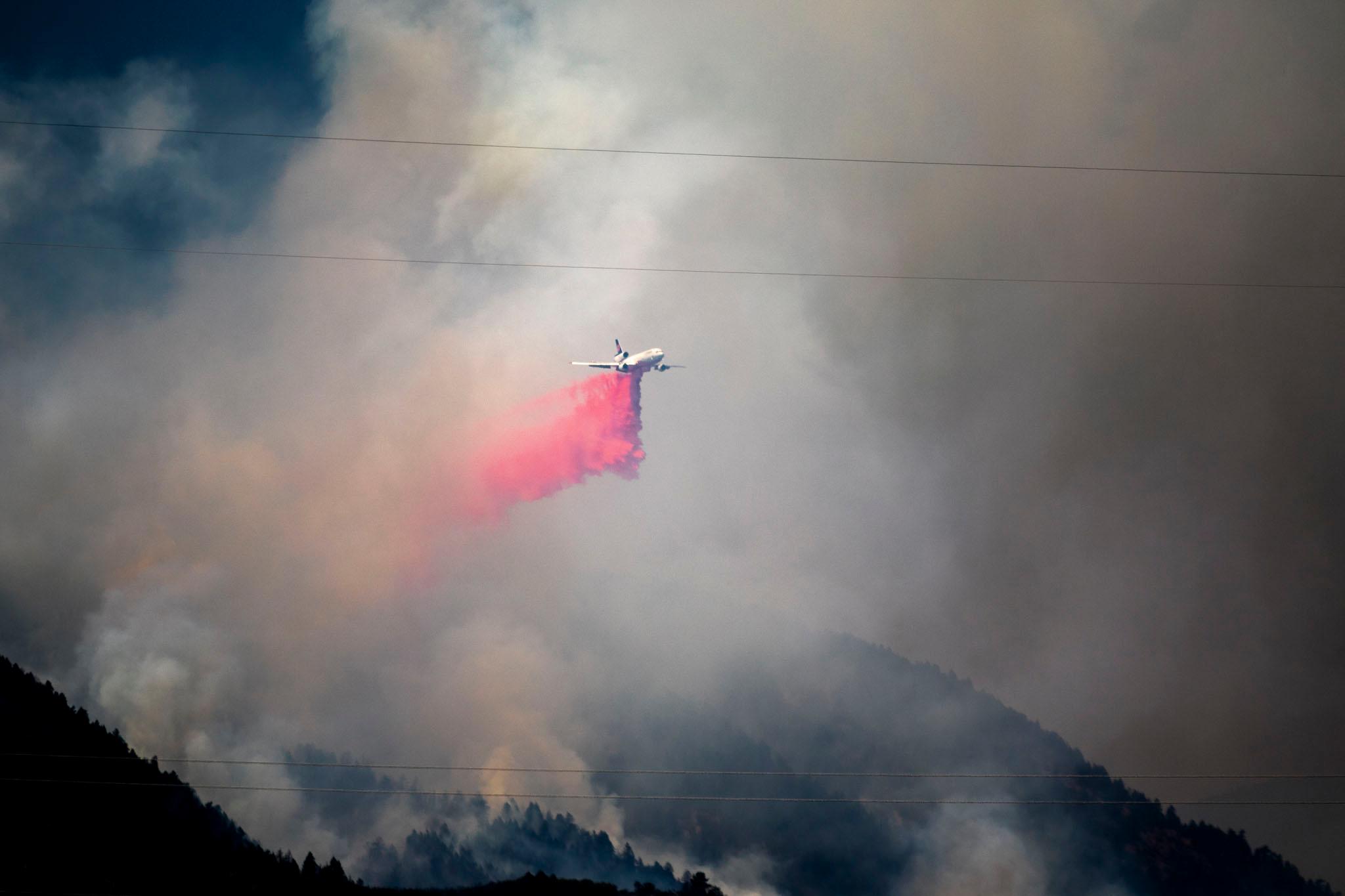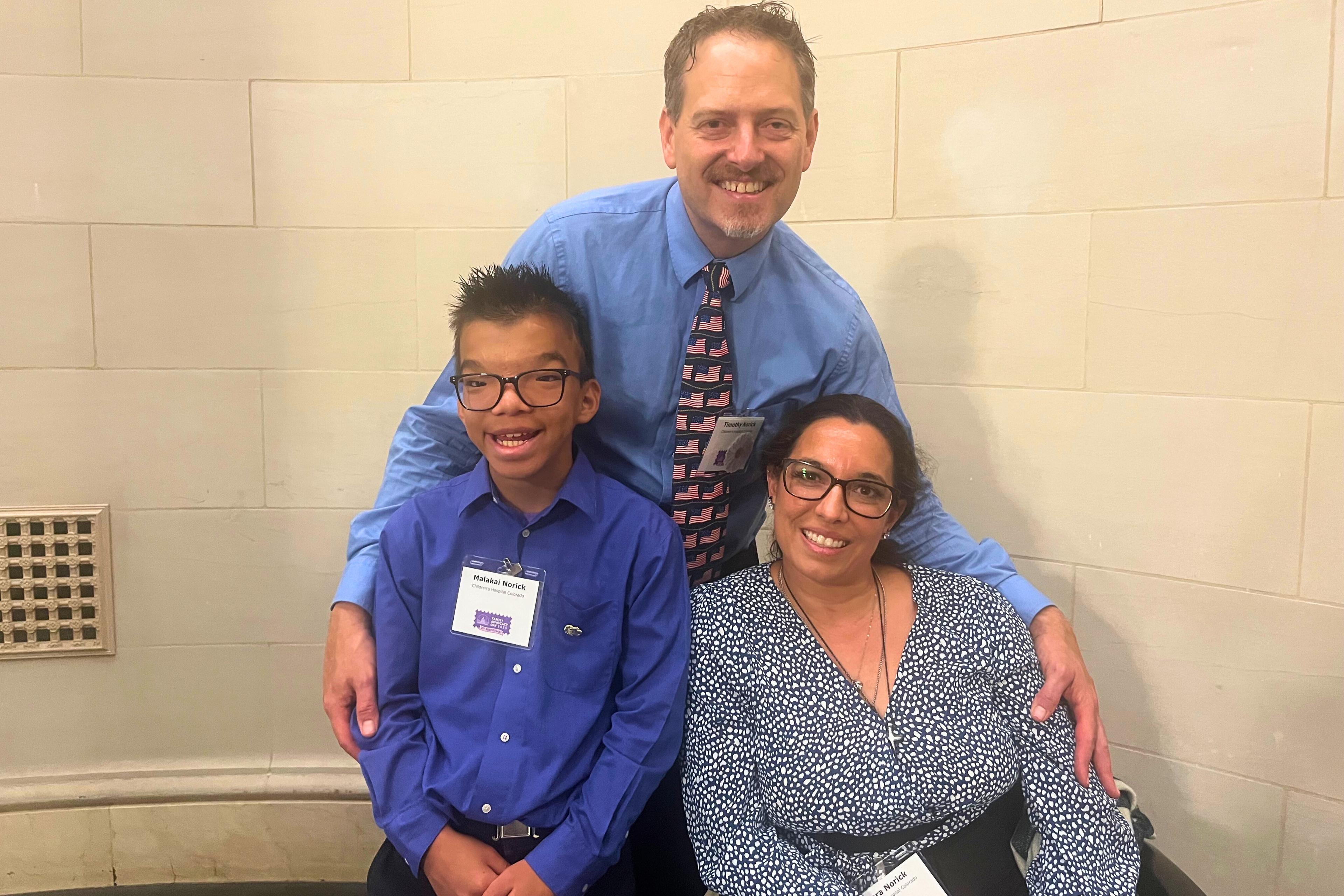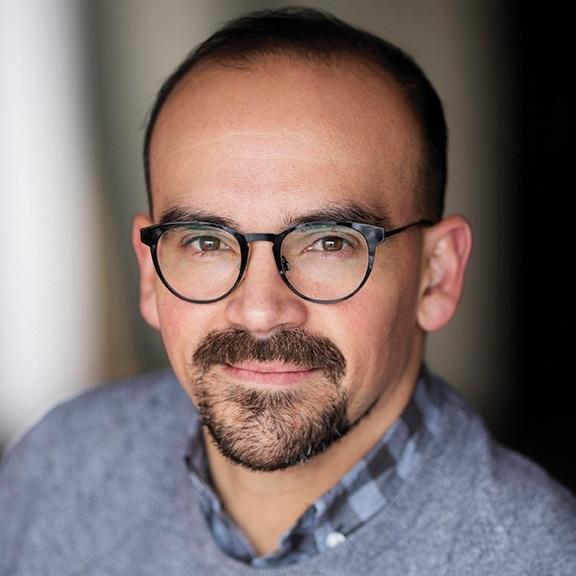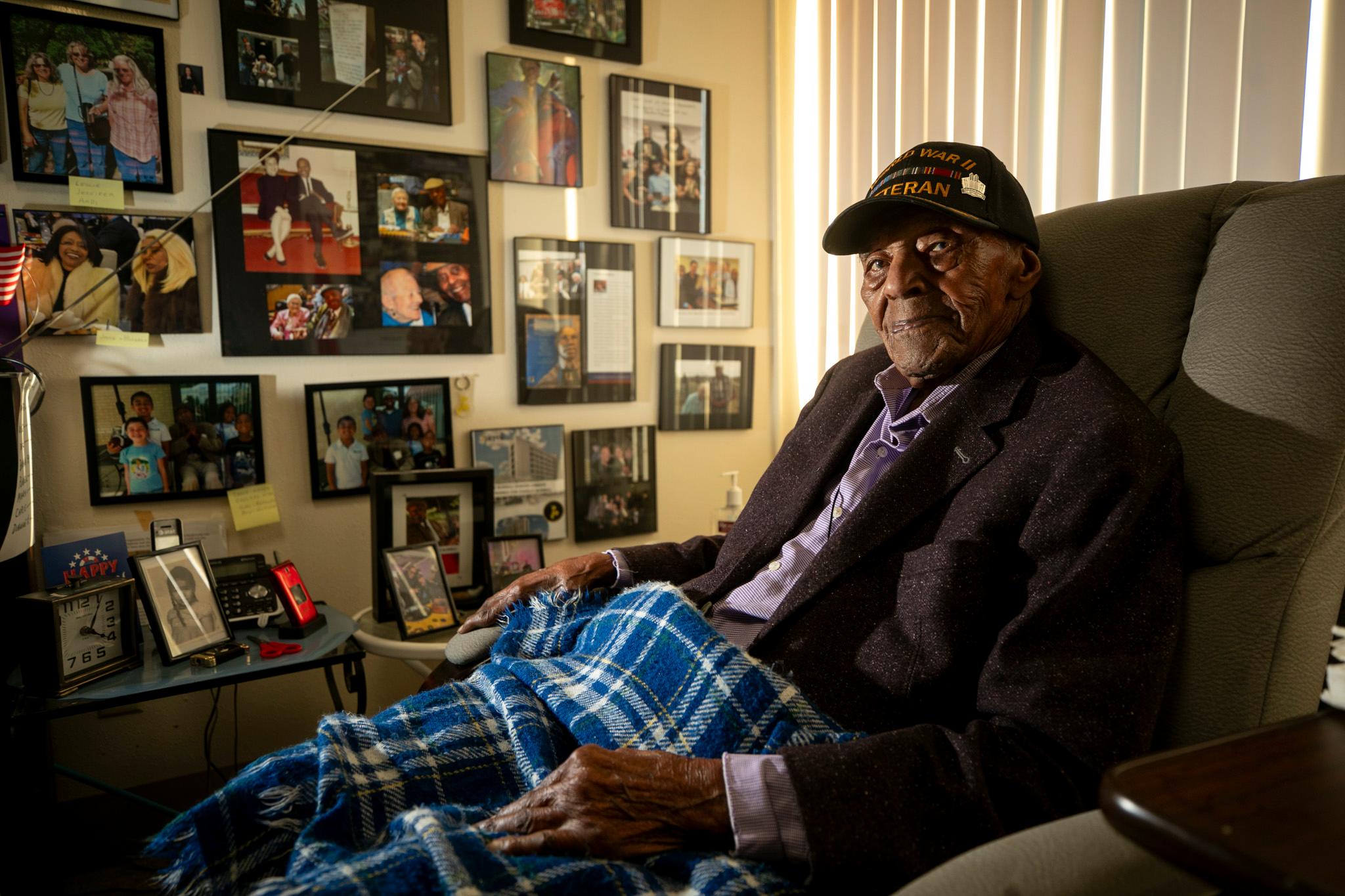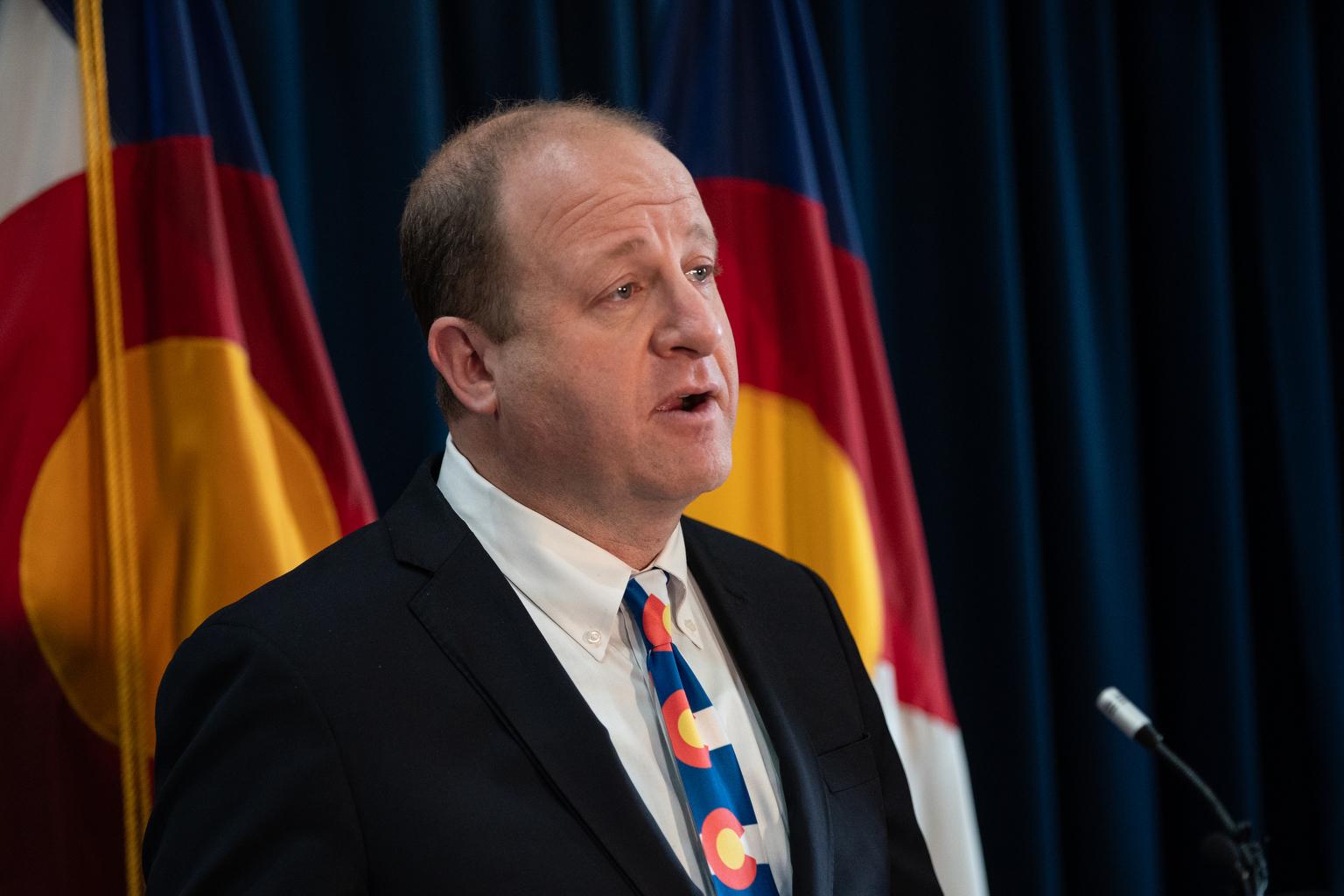
Colorado Gov. Jared Polis called cuts to federal health programs for low-income Coloradans and children contained in the Republican budget bill dangerous.
“All of the various proposals that cut Medicaid are dangerous at the end of the day, partially unwinding, requiring states to pay part of it. Those don't meet states where they're at,” he said Wednesday in a call with reporters.
He noted Colorado and other states don’t have the money to backfill many hundreds of millions in lost federal dollars.
“There's not money there at the state level. They're basically asking states to do their dirty work for them and terminate people from their health care coverage if they cut federal funding.”
He joined Democratic governors from New Mexico, Kansas and Michigan on the call.
If passed, potentially hundreds of thousands of Coloradans could lose health benefits. The number ranges from 124,000 to as many as 207,000 Coloradans, according to an estimate published by KFF, an independent health policy group. It released a state-level analysis of federal Medicaid cuts last week.
The group made their comments as Republicans were working Wednesday to resolve internal differences on the massive tax and immigration package. President Donald Trump warned Congressional Republicans that failure to pass it would be “ultimate betrayal.”
Polis said the health coverage at stake goes by many names, like Cover All Coloradans, which helps children and those who are pregnant get health coverage, no matter what their immigration status is.
But if the federal funding is cut, “what that means is it shifts people to uncompensated care, right?” Polis said. “If they are thrust off of Medicaid, those costs will be shifted onto everyone else.”
Hospitals are required to provide emergency care for those who need it. But people without insurance often delay care and can end up in the emergency department, where hospitals will provide care they don’t get paid for.
“Those costs will be shifted onto every American who pays commercial insurance, who gets it from their job, who gets it from their place of work, who buys it in the (health insurance) exchange,” Polis said. “Those rates will go up because, of course, the hospitals and providers need to get it somewhere to compensate for those who were passed off of Medicaid and now have no way of paying even a single dime.”
The governor said Colorado already only gets back 90 cents on every dollar it pays to the federal government, via taxes. “This would make that even worse,” Polis said.
The governor said that’s why Democratic governors, as well as the bipartisan group, the National Governors Association, had put out statements about the role Medicaid plays for state budgets and residents of their states. "It's not just low-income Americans that are affected. It's every American who gets commercial insurance because the cost will be shifted onto them,” he said.
Polis calls work requirements “least problematic”
He also said work requirements — Medicaid enrollees having to prove they’re working to be able to get benefits — “are the least problematic of all the things that they have offered.”
Asked by a reporter what impacts work requirements would have, Polis said he was more concerned by other parts of the budget bill.
“Frankly, we would be fortunate if we emerged from this with work requirements that had sufficient flexibility for states to successfully implement them,” Polis said. “So they're talking about much harsher actual cuts to Medicaid dollars, cuts that would either force reduction in benefits and force, if not a full rollback of the Medicaid expansion. At the very least, a partial rollback of the Medicaid expansion that Colorado has.”
Kansas Governor Laura Kelly agreed.
“This is the least of our worries. I'd be more concerned not with requiring the work, but rather the way that that gets administered,” she said. “That's where you will run into these incredible crushing costs to administer, to do everything every month rather than as we do now with Medicaid recipients, is we validate their eligibility once a year.”
Other governors spotlight Medicaid as a “lifeline”
Gov. Gretchen Whitmer of Michigan said expanding the program had made a big difference in her state.
“Medicaid has been a lifeline. It is shocking to me that we are in this moment where if there was one Congress person with a backbone from each of our four states, they could single-handedly stop this from happening by working together,” she said.
“Hundreds of hospitals across the country, largely rural hospitals,” in red and blue states, could close, said New Mexico Gov. Michelle Lujan Grisham. “These cuts just get deeper and deeper. And make no mistake, the delay in the vote in the House of Representatives in Congress isn't because they are arguing about making it a little better for Americans. They're looking at making it even worse for Americans, which is why they're having these midnight, 24-hour closed-door sessions.”
| This story is part of a collection tracking the impacts of President Donald Trump’s second administration on the lives of everyday Coloradans. Since taking office, Trump has overhauled nearly every aspect of the federal government; journalists from CPR News, KRCC and Denverite are staying on top of what that means for you. Read more here. |
Funding for public media is at stake. Stand up and support what you value today.

